Show Me The Awesome: 30 Days of Self-Promotion is an initiative by Sophie Brookover, Liz Burns, and Kelly Jensen to encourage librarian bloggers to think and talk about self-promotion. You can follow the series with the tag #30awesome on Twitter, Tumblr, Vine, and Instagram
As part of “Show Me The Awesome”, I want to step away from our usual fare and talk instead about the challenges of establishing a voice for yourself and your library in new settings. Being the newest member of our library staff, self-promotion for me is as much showing my worth to my peers as to our patrons. My challenge is to promote myself in a way that convinces my new coworkers to make room for me and my work. In parallel to establishing my voice here, I am also working to find a voice for our library in online communities. Much like being a new hire to the department, joining a social media community requires a degree of self-promotion to show that you are able to contribute to the conversation. One of the key elements to a successful social media presence for an institution is a feeling of personability; social media should not be treated as a bullhorn for attention, but rather as an opportunity to build connections. Consequently, it is important for the library to feel like an individual when engaging other users, and I cannot help but see an association between finding my voice among my new peers and finding the library’s voice online.
As with any new setting – physical or digital – the first (and often hardest!) step to making your voice heard is joining the conversation. It can be intimidating to enter a workplace community and show you can make valuable contributions, but some of the best advice I’ve been given about starting a new job was ‘remember that they hired you because you have something they’re missing’; the first hurdle to promoting your abilities is passed. However, when it comes to social media, there is no careful hiring process for quality control; for better or for worse, the Internet gives everyone a chance to make their voice heard. So how can a library promote itself and promise valuable contributions to online conversations?

The Walter Havighurst Special Collections: Because no one else has Rodolfo Usigli’s (heavily worn) flask and Einstein pipe.
Like the newcomer to the staff, the first step is knowing what your library has to offer that’s been lacking. By their nature, special collections libraries like mine have many things that are rare, unique, or even uncataloged – but by that same nature these are not materials that can leave the library. Developing a social media presence where awareness of these materials can be shared and gain popularity is a great opportunity to promote the library.
However, there is also a temptation to focus too much on showing off what you or your library has to offer. An early mistake I made in promoting the library with social media was relying on one-directional communication. Tumblr, a platform the university libraries had not previously engaged, was my first solo social media effort. Tumblarians – as the librarians, library students, and sundry bibliophiles on Tumblr call themselves – are a diverse group who welcomed me and the special collections blog warmly on my initial appearance. With some assistance from the excellent and helpful ex-tabulis, we got on a few lists of library blogs, and soon had a few dozen followers. But it wasn’t long until that number slipped. My mistake? I was talking too much and listening too little. I was researching what people were talking about and contributing from our collection, but that isn’t a conversation. As important as it is to show your own talents, part of promoting yourself is also showing that you are someone that can build connections and relationships.
At many libraries, the in-person interview process will involve lunches, coffee breaks, or other similar gatherings. While it might be a nice change after hours of presentations and questions, these ‘social interviews’ are every bit as important as the demonstration of your professional qualities. Libraries are collaborative environments and those social events demonstrate how you would fit in to the workplace community – do you seem to be someone they could write papers with, travel to conferences with, see every weekday for the next ten years? Similarly, social media users’ evaluation of your library and blog will not be based solely on your ability to formally present information, but their ability to feel some sort of connection to your institution.
Like the coffee break during the interview process, breaks from serious posting are important in developing your library’s presence online. To date, my single most successful Tumblr post (judging by the number of times it was liked and reblogged) was a photo of a bit of manuscript waste in a 17th century book – nothing overly rare or unique, but a joking exchange with another librarian (again ex-tabulis) about turning it into a historical mystery movie script saw it reblogged by around thirty other users. Hardly viral, but encouraging nonetheless.
What got the image of our book spread was not the value in it alone, but that little connection that was built in the brief back-and-forth conversation. Formal language does little in the way of effectively building social relationships, but relaxed, friendly language goes hand in hand with the lateral connections that social media relies on. Self-promotion is not only a matter of showing what you can do, but showing that you can fit into the community you’re joining.
Besides, even academic libraries need to be a place of fun sometimes.
See y’all online.
Marcus Ladd
Special Collections Librarian


